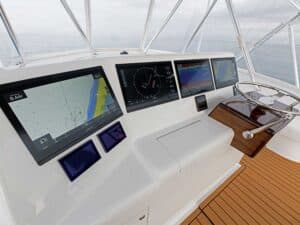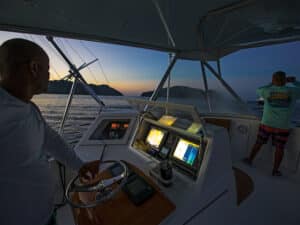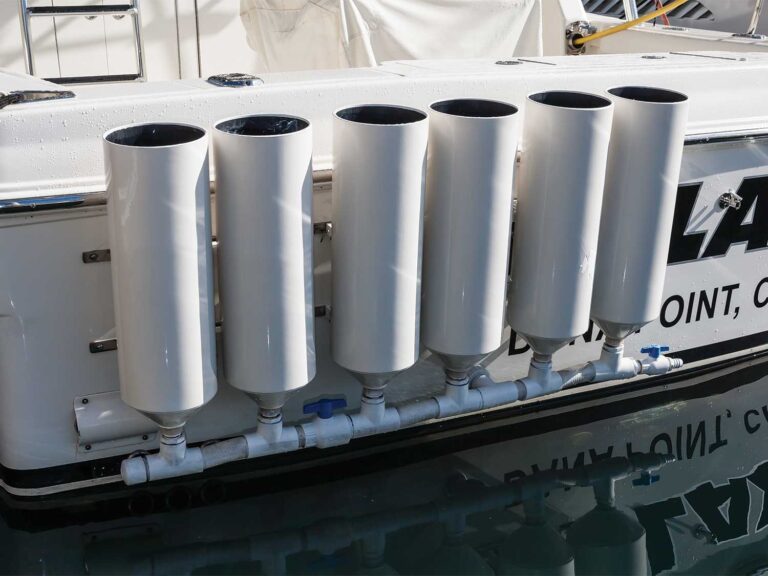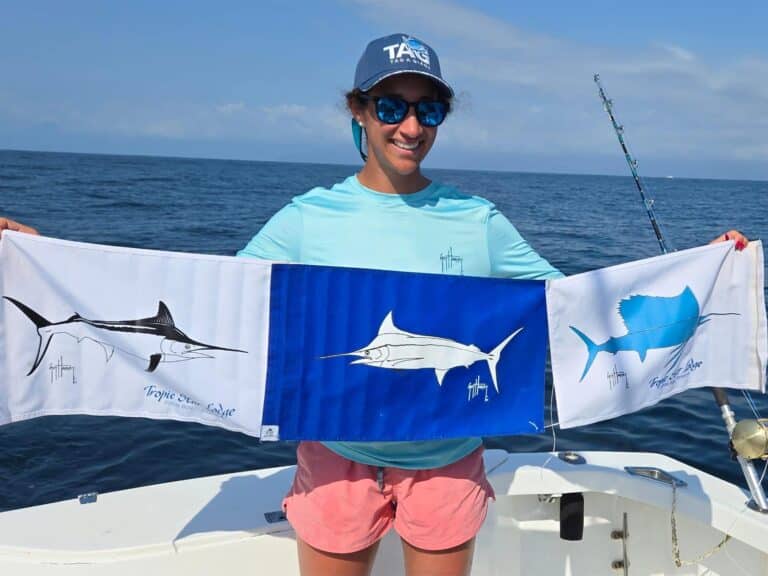
Special delivery: Sign up for the free Marlin email newsletter. Subscribe to Marlin magazine and get a year of highly collectible, keepsake editions – plus access to the digital edition and archives.
Capt. Michael Mattson, My Three Sons, Quepos, Costa Rica
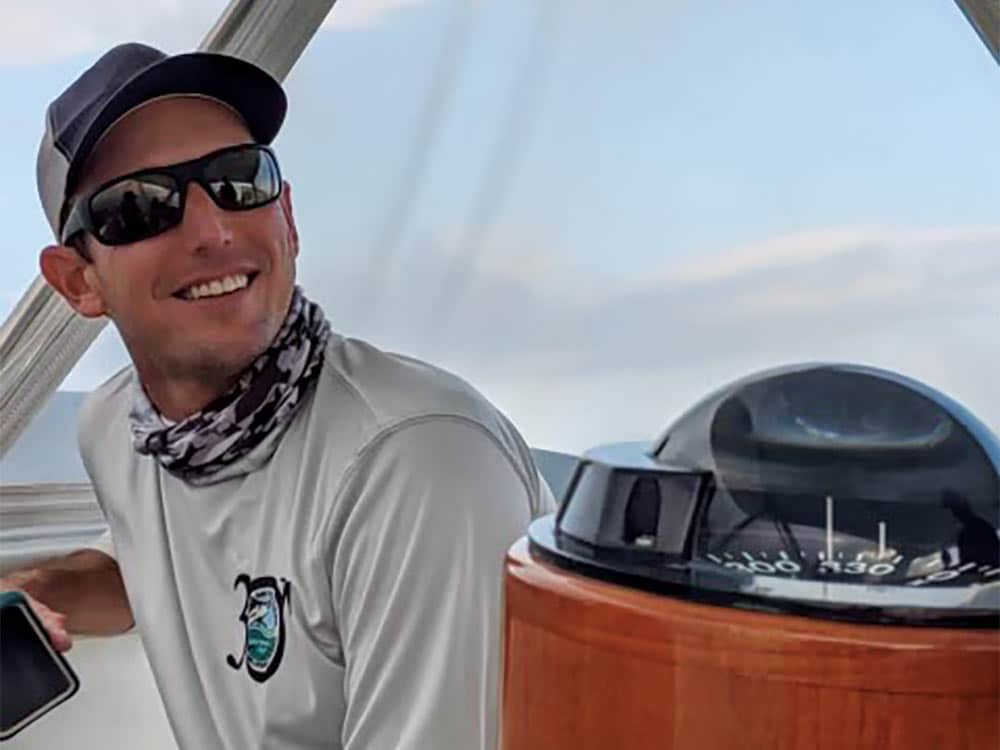
Starlink has changed the game for communication. Now, boats can access everyday communication channels without breaking the bank. With Starlink, boats can receive live updates on weather and ocean conditions, send quick texts or calls to other boats for reports and comparisons, and contact marine specialists to diagnose and resolve vessel issues—all while on the water. Most importantly, Starlink adds another layer of safety with its communication capabilities. Just remember to install your Starlink system with a UPS backup power supply so you’re covered if the AC power goes out. There is a downside of not being able to fully disconnect from the real world, but that’s what airplane mode is for, right?
Capt. Rom Whitaker, Release, Hatteras, North Carolina
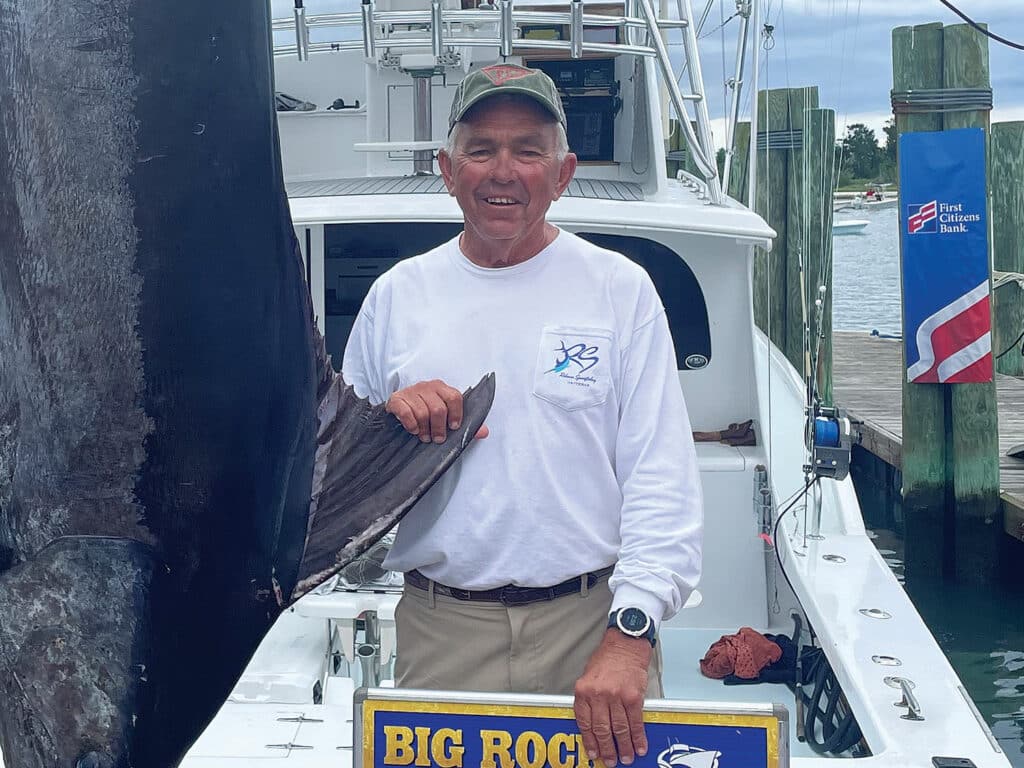
Most of us North Carolina charter captains started out using regular VHF channels. As boat numbers grew and things got more competitive, everyone felt they needed secret channels, so we moved to expanded channels and scramblers. It was like a nuclear arms race in fishing. Some captains have since switched to ham radios. Also known as a black radio or a Yaesu, these systems have an unlimited number of channels. That said, the newest tech on the dock is definitely Starlink. We’ll probably get it on Release soon. I bought a sonar last year, and that was my reason for not having Starlink, but since winning $2.2 million at Big Rock, I now have no excuse!
Capt. Bobby Garmany, Dugga Boy, Charleston, South Carolina
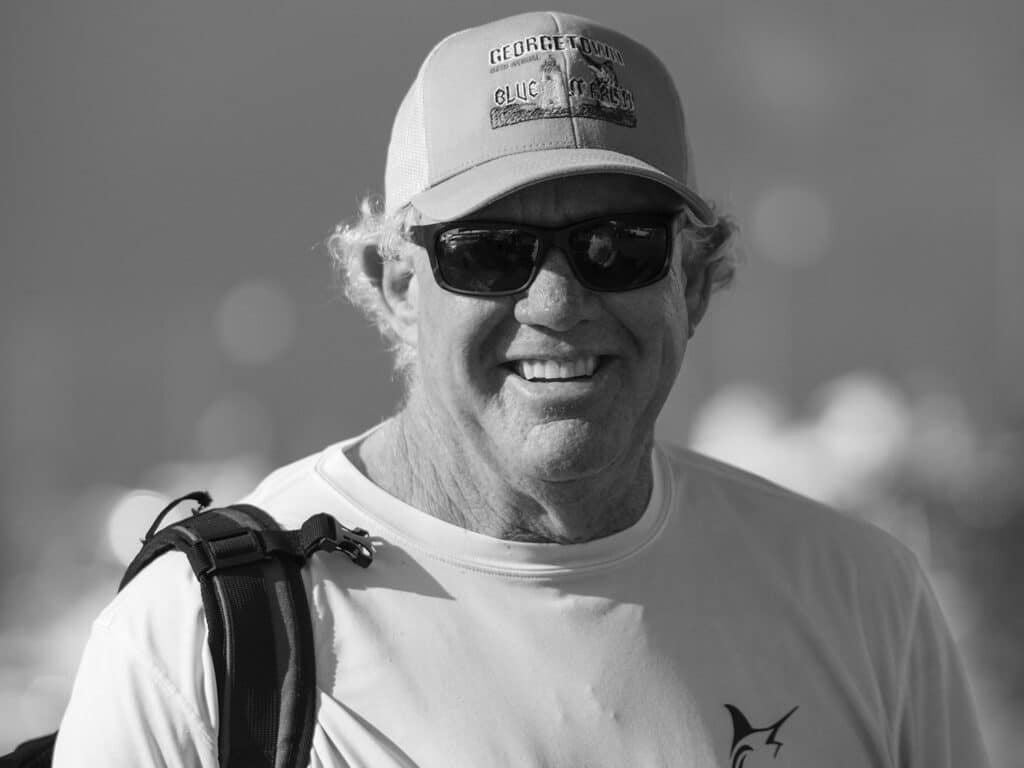
If I’m not fishing a tournament, I’m using the VHF radio 90 percent of the time when communicating with others. It’s just easier to pick up the mic to talk with local charter boats about the day’s catch. Although the VHF is nice for things like hearing the morning’s prayer before lines go in the water during a tournament, everything has gotten so competitive that I now usually choose to keep information a bit closer to the chest. I use Starlink during tournament days to send calls and texts to others fishing. It’s dependable, and there’s no delay like we had with old sat phones. Plus, we’re all in the cellphone era. We can’t go anywhere without our phones, so it also makes things easy for owners who might need to answer a work call when fishing.
Austin Robins, Max Bet, Ocean City, Maryland
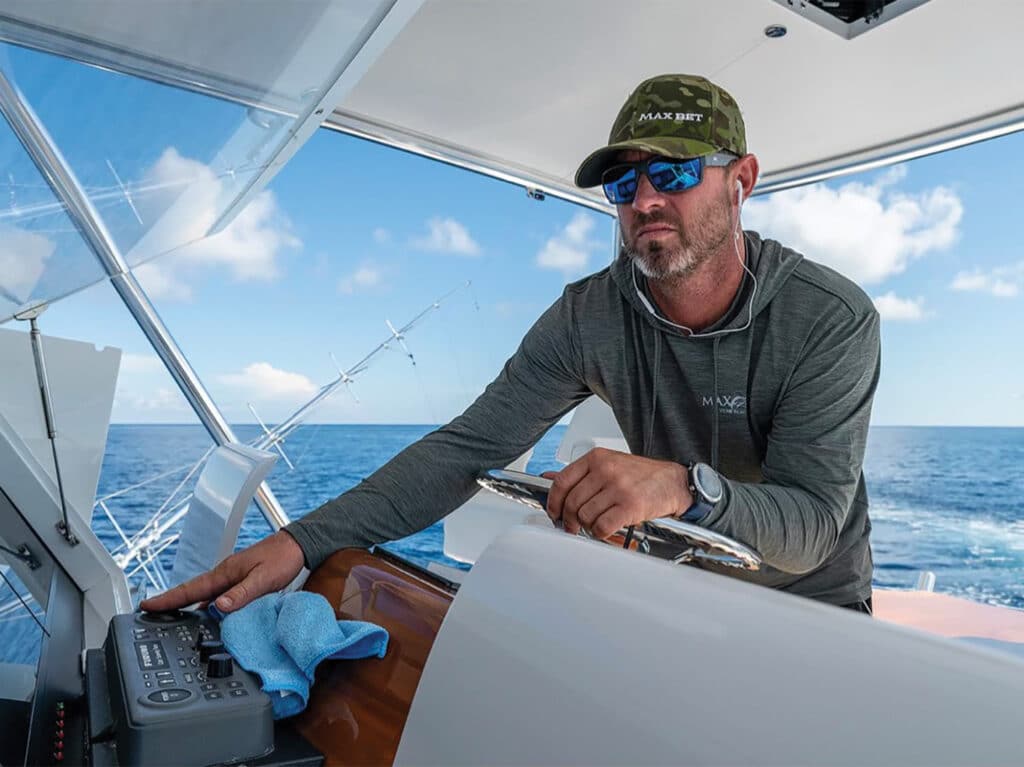
If I had to pick, I’d choose VHF radio. Coming up in Oregon Inlet, I learned how important the radio is to local culture. Today, I text and call using Starlink, but it’s not my preference. Since text has open range of communication, you can talk to a captain who is over 100 miles away. Their fishing doesn’t even impact you, but it can get in your head. The radio’s range is limited to about 20 miles, so you can focus on nearby reports. Starlink has its benefits, especially in an emergency, but I still prefer sharing information over the radio to fielding calls and texts. It’s just a more open and honest approach. Also, the phone and texting thing has taken some of the fun out of fishing for me.
